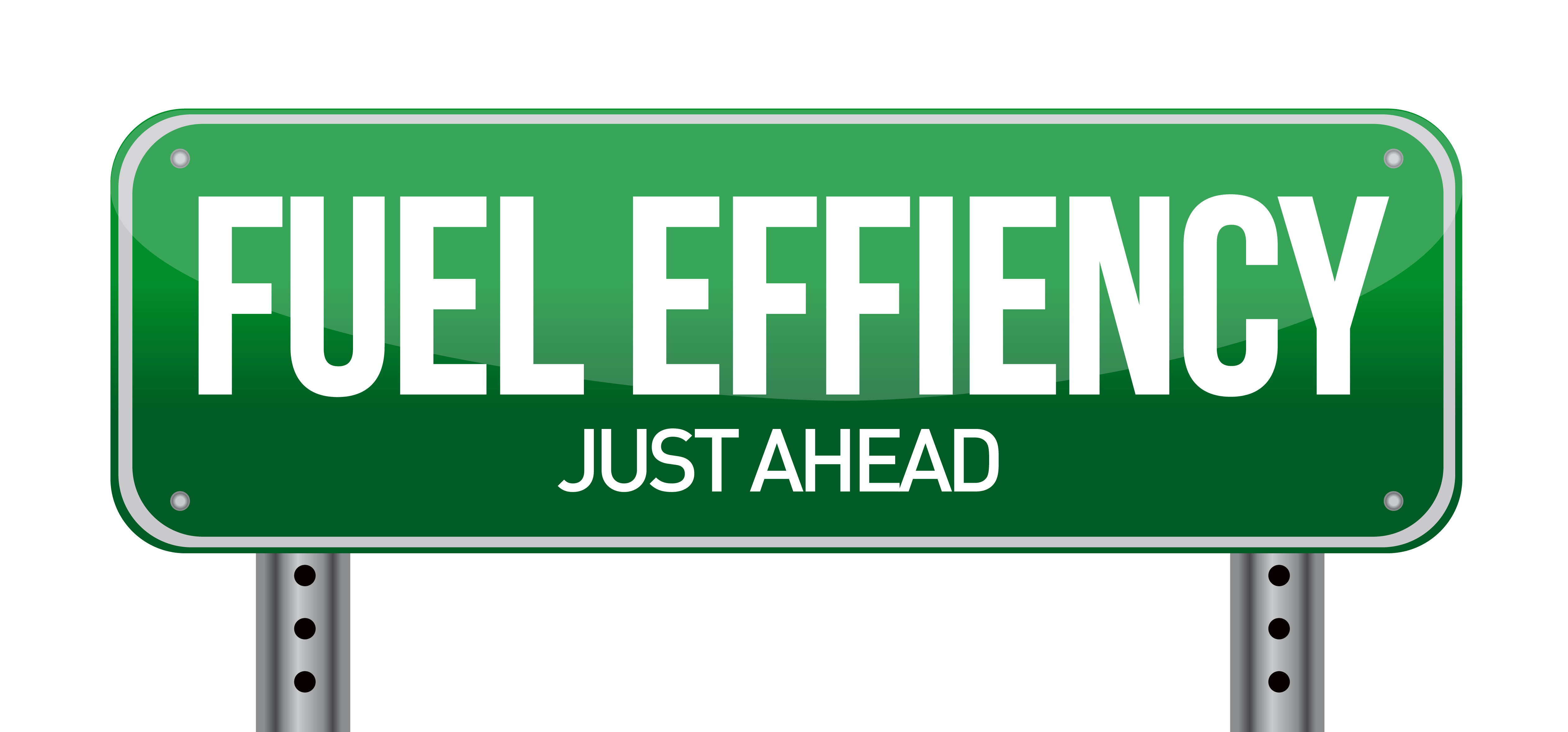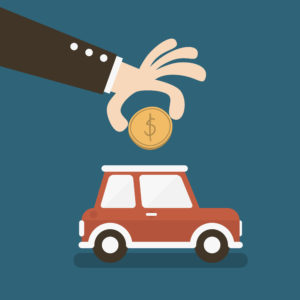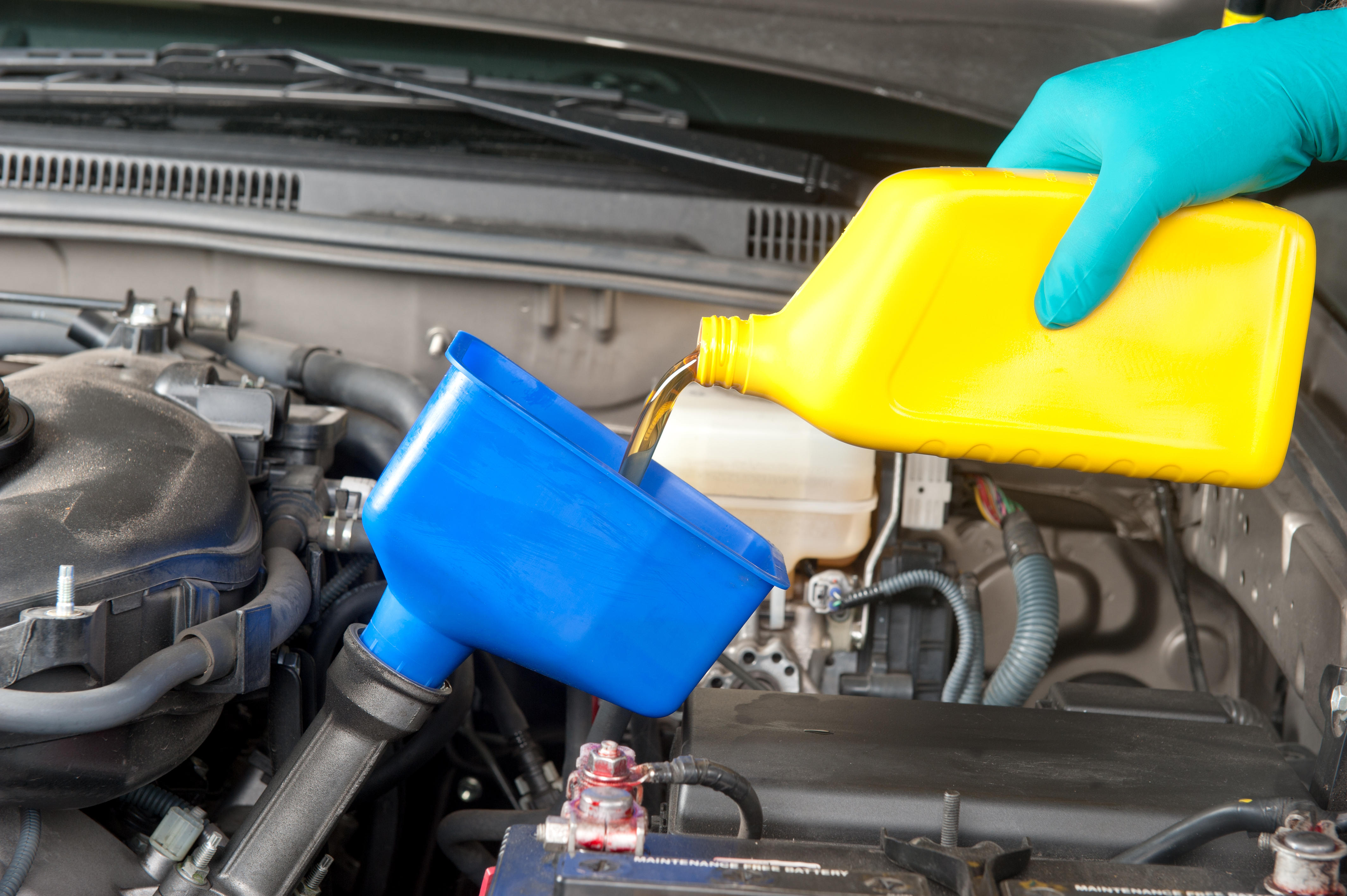Who Am I Required to Pay If Car Dealer Sells a Loan to a Bank?
Dealerships
Car dealerships often promote in-house financing. However, very few dealers directly finance car purchases. Generally, dealers arrange to have finance companies or banks provide financing for car buyers through the dealership. This arrangement benefits customers who otherwise would have to obtain financing themselves. Instead, the dealer processes the paperwork for the car purchase and the loan application on behalf of the finance company. Some dealers are equipped to accept loan payments which are then passed onto the finance company that actually financed the loan. You may not realize that the dealer relied on financing from a third party until you see the finance company’s name on your credit report.
Selling Loans
Some car dealers offer in-house financing that actually uses the dealer’s own funds. Generally, this occurs when dealers agree to sell cars to people with poor credit who are unable to obtain car loans from local banks. Investment companies sometimes buy car loans from dealers, and in-house loans written for people with poor credit usually have very high interest rates. These high interest rates result in significant returns for these investment companies. However, many of these companies do not have retail branches and therefore you may have to continue making your payments at the dealership rather than the investment firm that buys the loan.
Servicing
Banks that write loans make money on the interest payments that borrowers make, but other banks make money from loans without actually lending any money. Most major banks have servicing divisions that employ people to handle paperwork and payment processing on loans written by or owned by other banks, finance companies or even car dealerships. Your dealer may hire a bank to service its loans in which case you have to make your monthly payments to that bank. However, in a servicing relationship, your loan still belongs to the actual dealer.
Considerations
Many people become confused when loans that they owe money on are sold. Misdirected payments often lead to late fees, and late payments can also negatively impact your credit score. If you are unsure where to make your payment, you should clarify the matter before your payment date. Banks can assess late fees on payments made more than 10 days past the due date, so you do not have long to redirect a payment sent to the wrong company. If you have your payment set up to come out of your account as an automatic debit, you should redirect it as quickly as you can as many banks require at least 14 days notice to redirect automatic debits to a new destination.
Quick Money Savings Tip For Safe Drivers
There are dozens of auto insurers – Which one will give you the best rate?
Step 1) Choose your vehicle make below.
Step 2) On the next page, complete the 4 minute questionnaire, and you'll have the opportunity compare the best rates in your area.
Step 3) Keep more money and possibly save hundreds!










